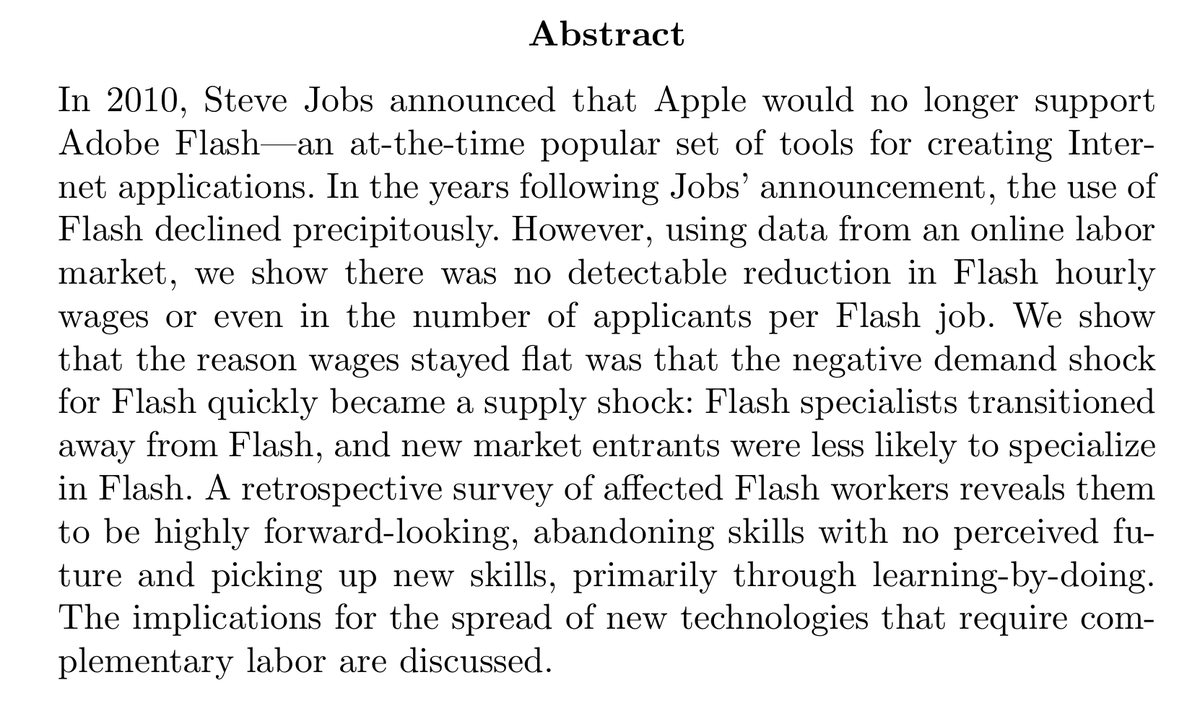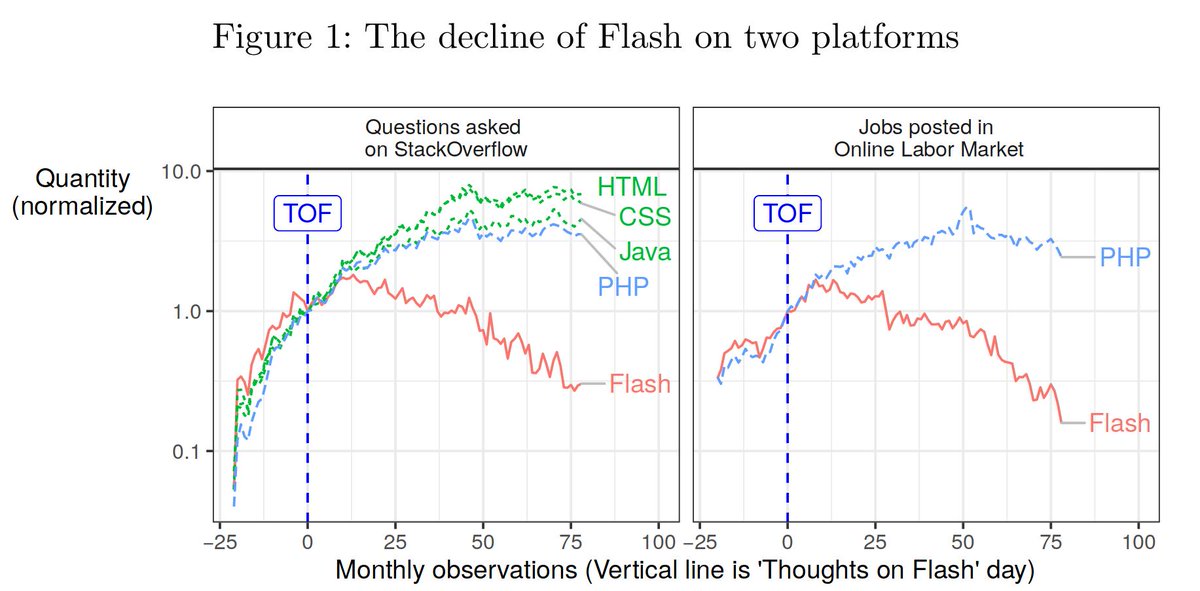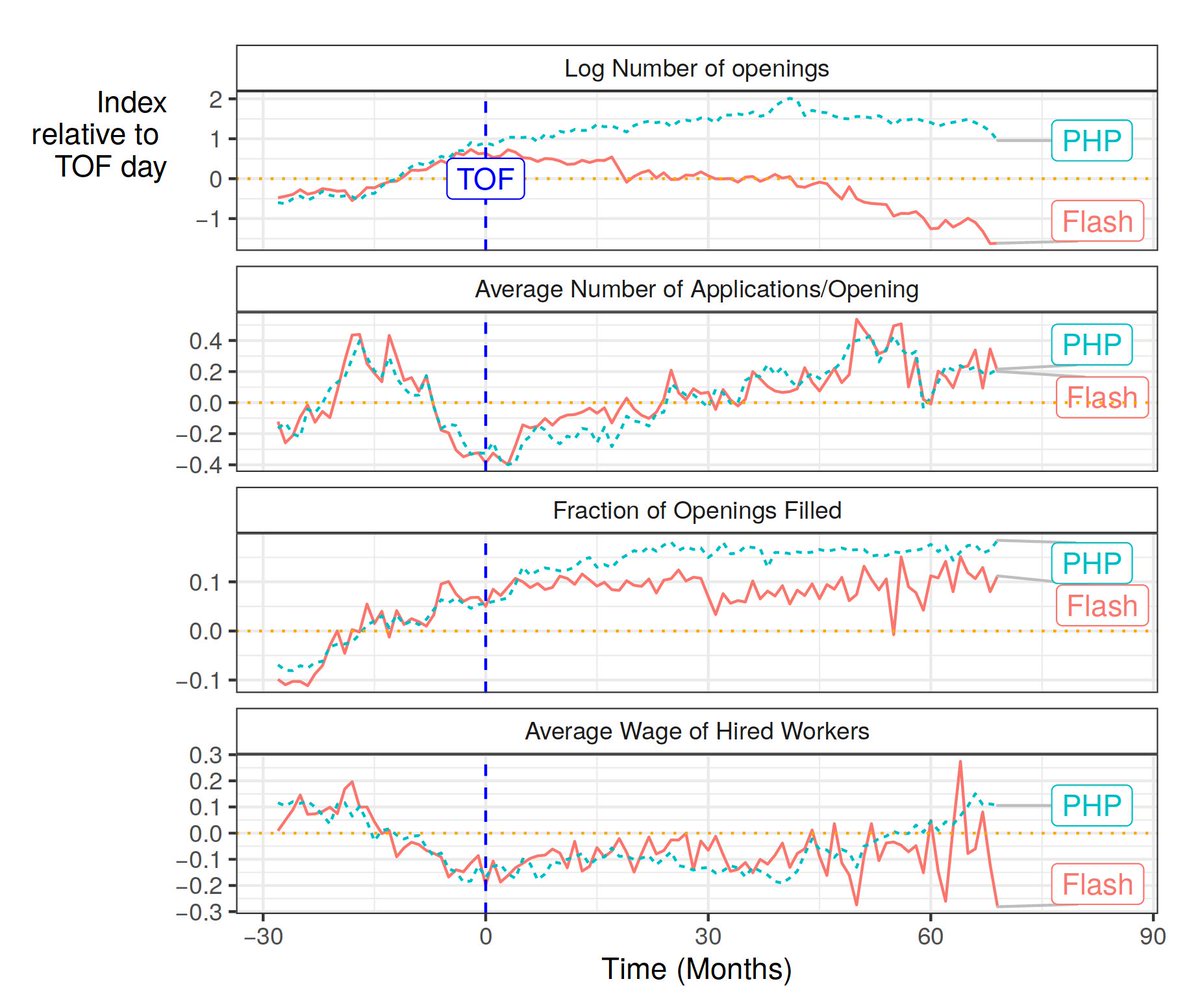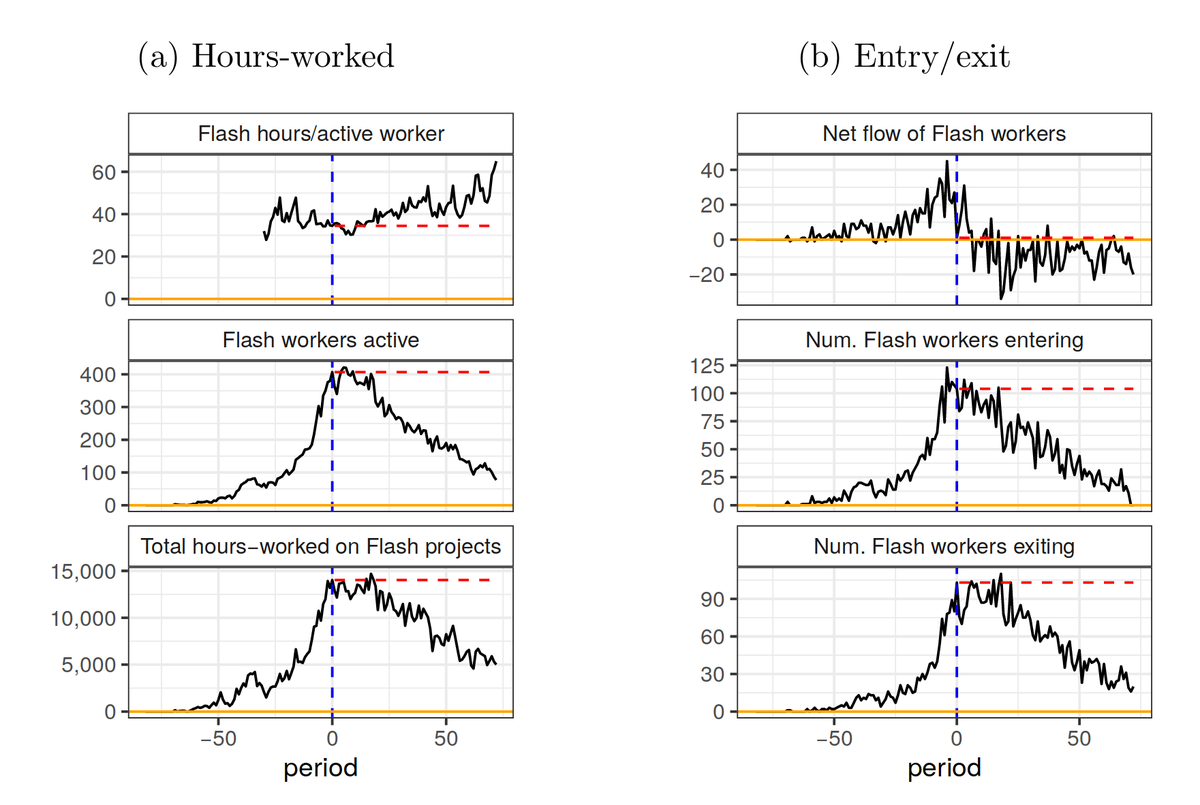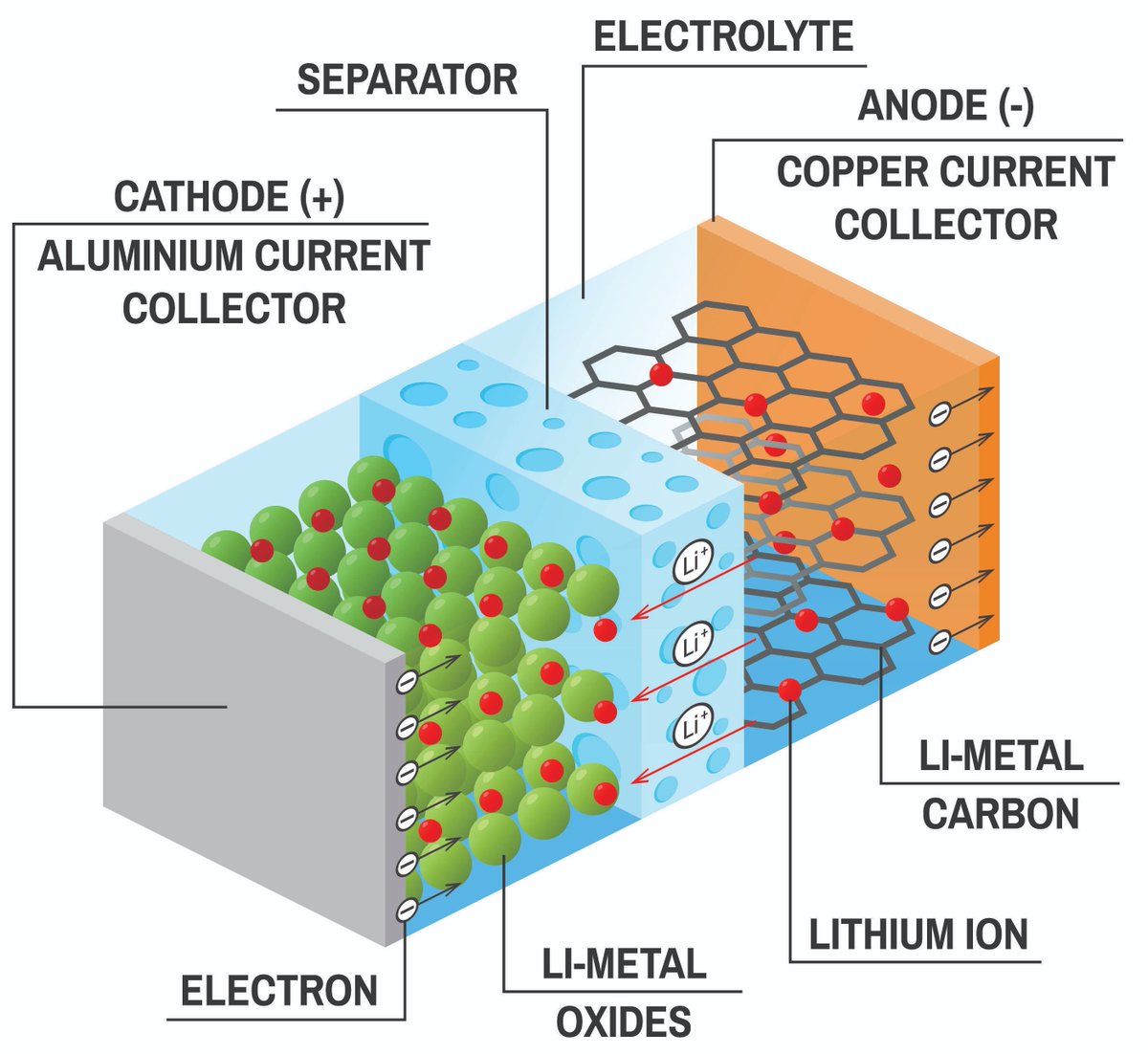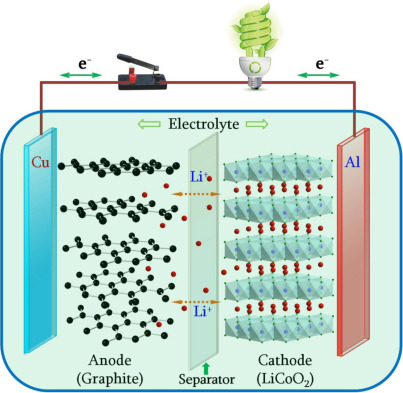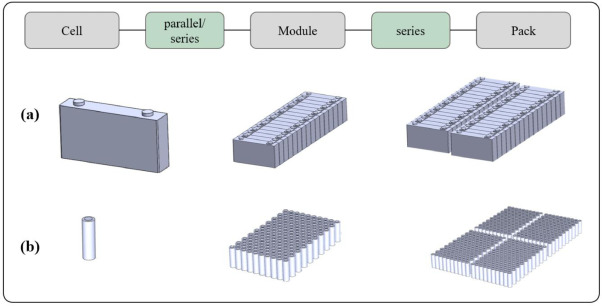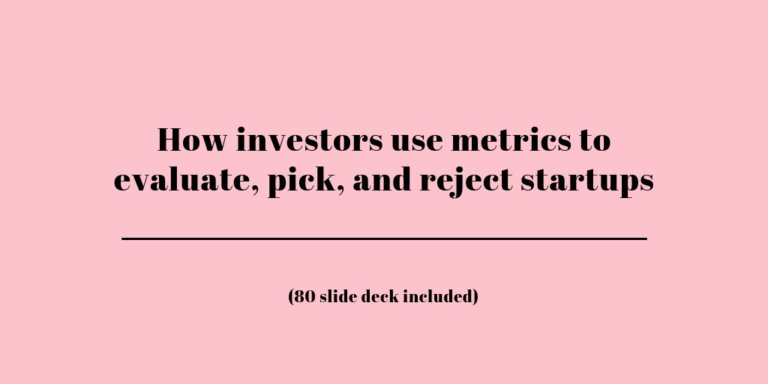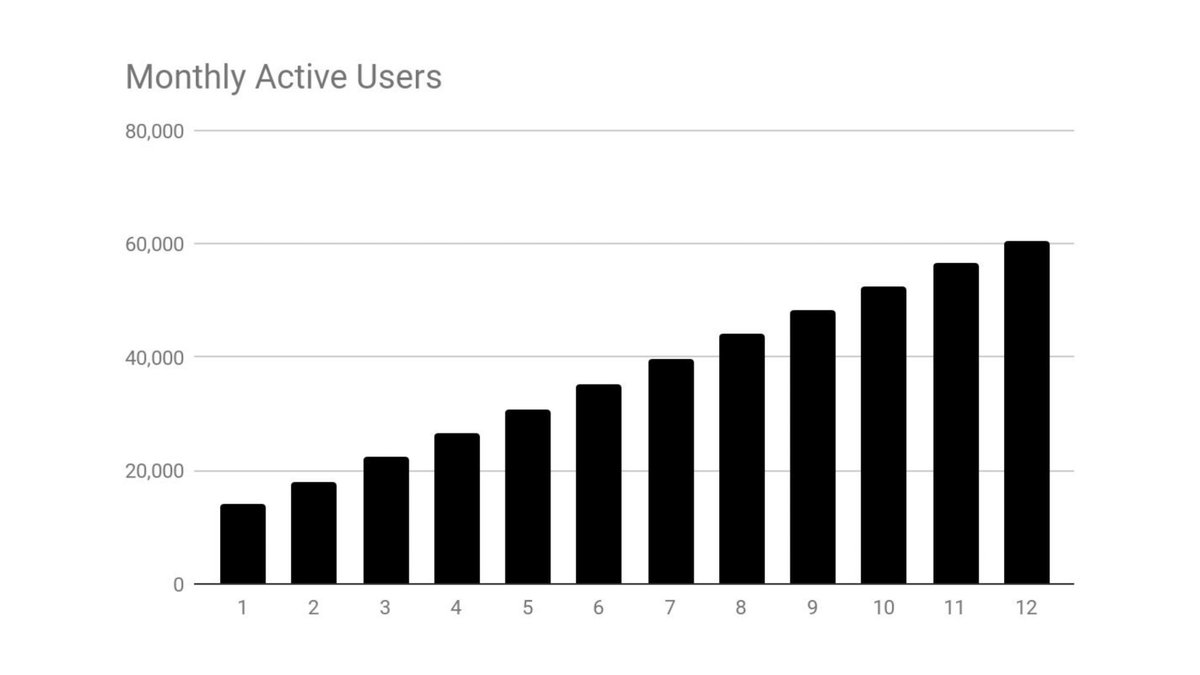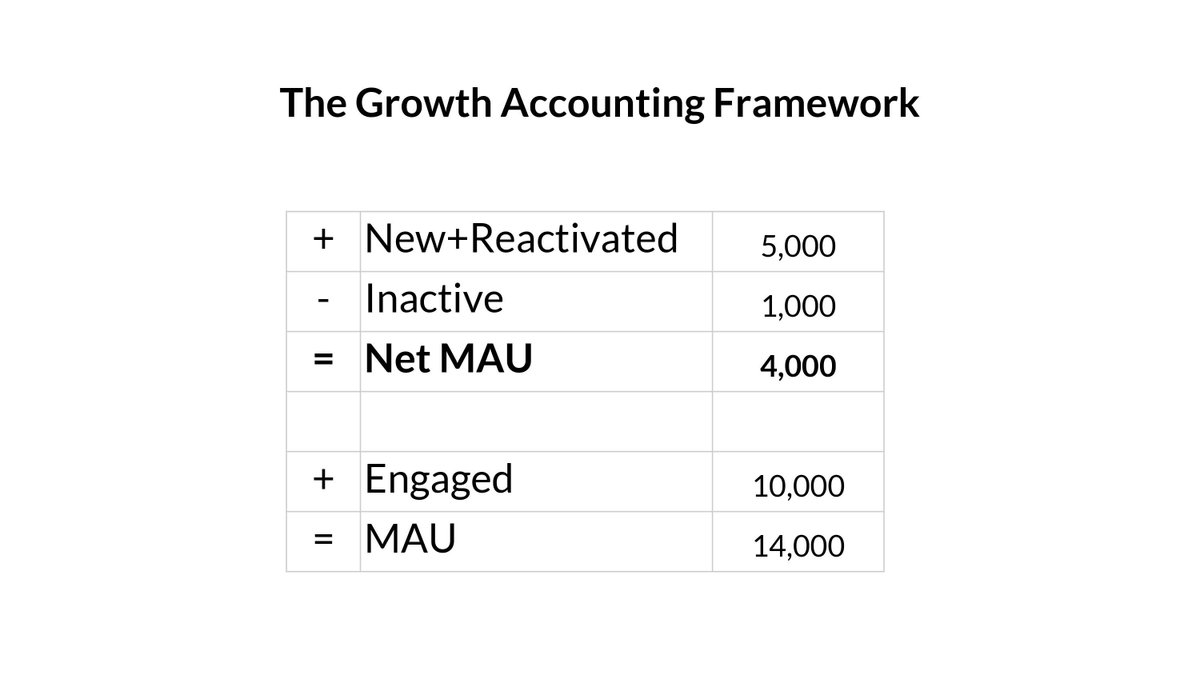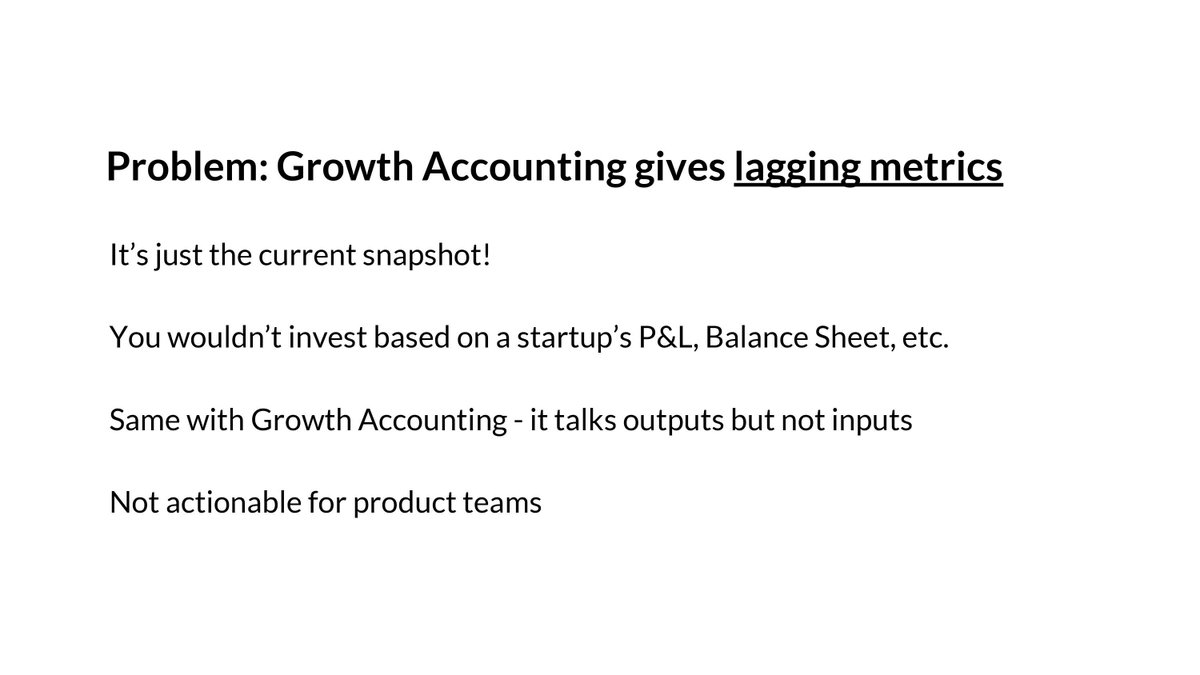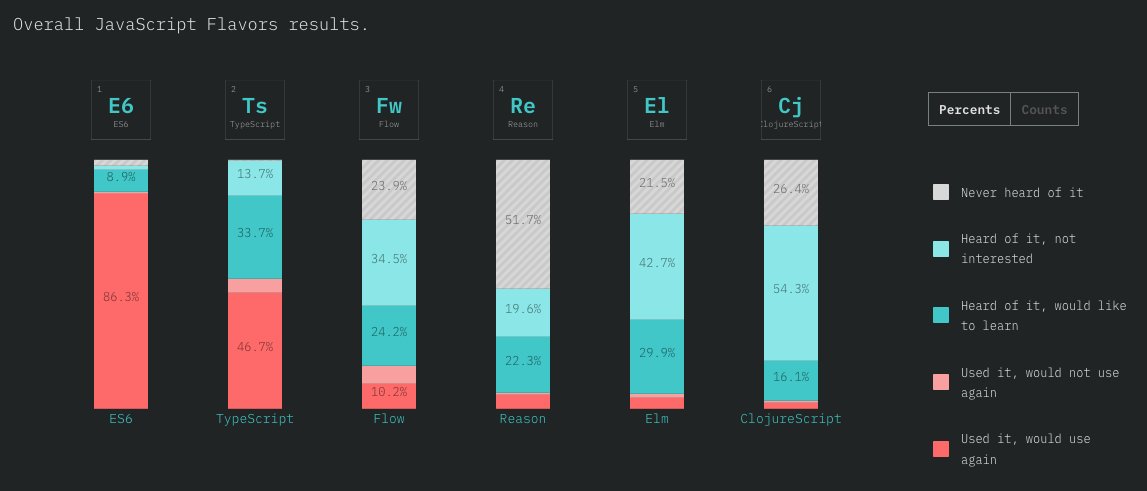
The 2018 State of JavaScript survey is out. They got 20,000 responses and have some delicious, delicious data. I'mma thread in some highlights:

React 65% (vs. 60%)
Vue 29% (vs. 24%)
Ember 5% (vs 4%, I was expecting a bigger rise)
But there's a shocker in here: Angular.
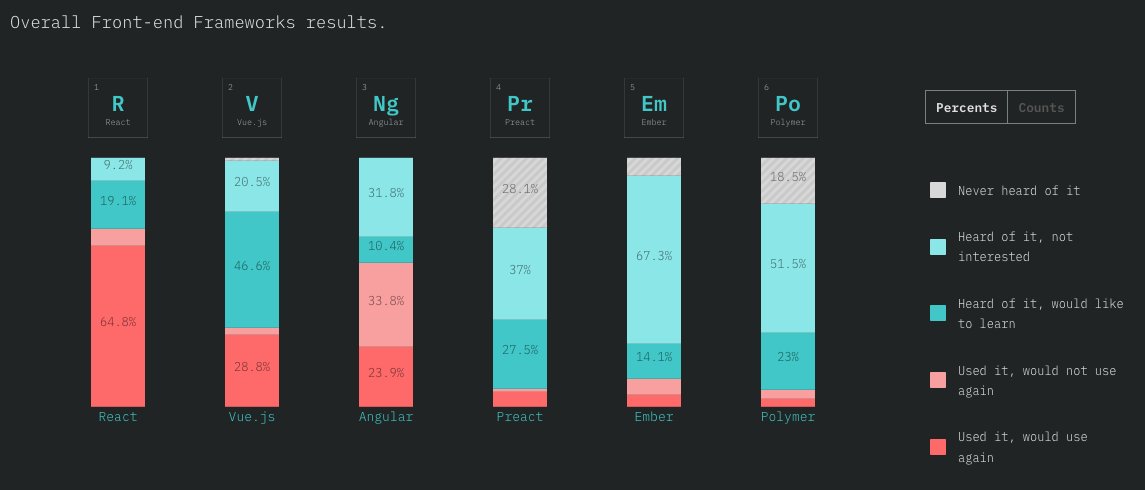
- 58% (if you include those who don't want to use it again)
- 24% (if you count only those who like it)
Since npm's question didn't ask if they intend to *continue* using it I think that might explain this.
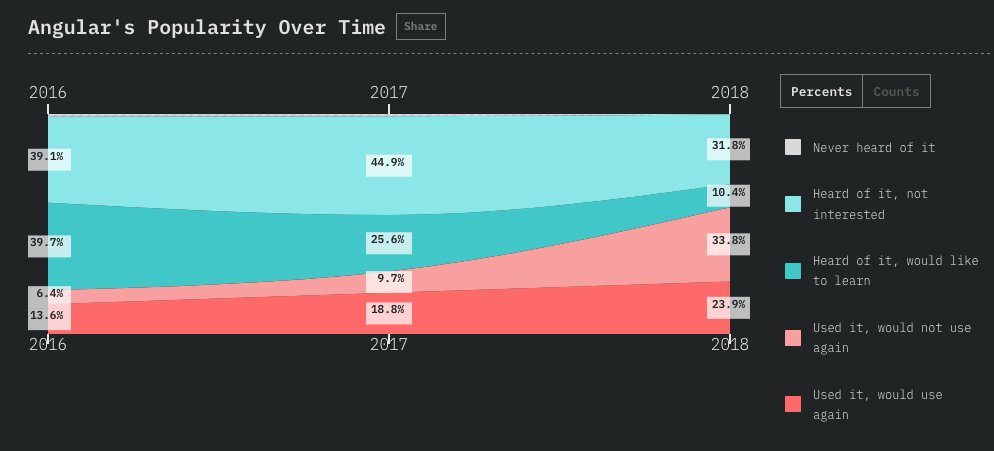
Maybe: lots of people in 2017 wanted to try Angular, tried it, and almost none of them liked it.
Or maybe: new users are still liking it but old users are churning out?
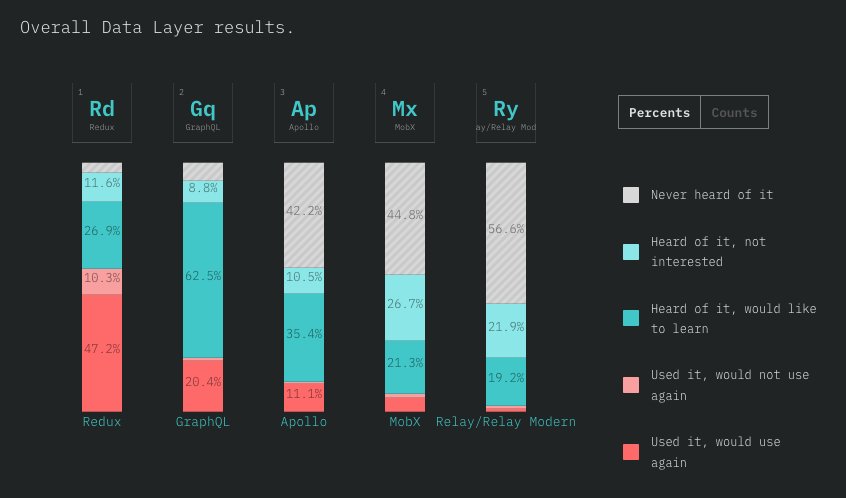
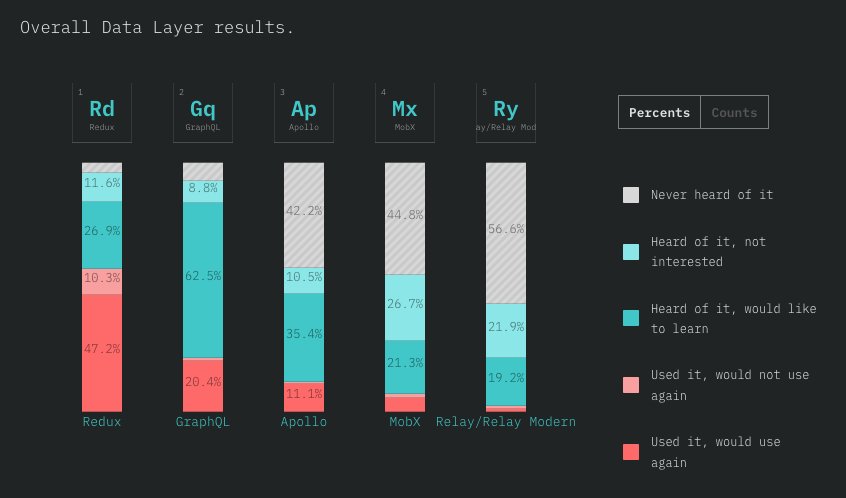
- Next.js has an enormous "want to learn" pool, great sign for them
- 62% of Meteor users and 72% of Sails users would not use them again, ouch
We need to stop calling Express a framework, it's too big. It's bedrock.
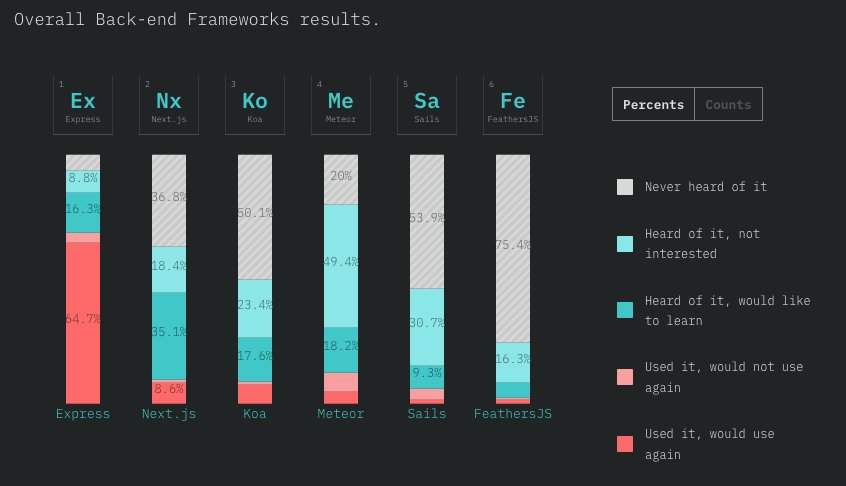
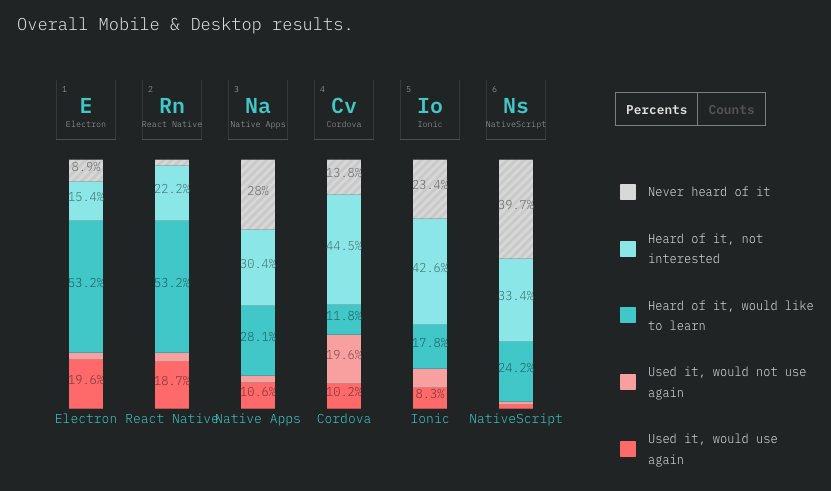
More from Tech
You May Also Like
Stan Lee’s fictional superheroes lived in the real New York. Here’s where they lived, and why. https://t.co/oV1IGGN8R6

Stan Lee, who died Monday at 95, was born in Manhattan and graduated from DeWitt Clinton High School in the Bronx. His pulp-fiction heroes have come to define much of popular culture in the early 21st century.
Tying Marvel’s stable of pulp-fiction heroes to a real place — New York — served a counterbalance to the sometimes gravity-challenged action and the improbability of the stories. That was just what Stan Lee wanted. https://t.co/rDosqzpP8i

The New York universe hooked readers. And the artists drew what they were familiar with, which made the Marvel universe authentic-looking, down to the water towers atop many of the buildings. https://t.co/rDosqzpP8i

The Avengers Mansion was a Beaux-Arts palace. Fans know it as 890 Fifth Avenue. The Frick Collection, which now occupies the place, uses the address of the front door: 1 East 70th Street.

Stan Lee, who died Monday at 95, was born in Manhattan and graduated from DeWitt Clinton High School in the Bronx. His pulp-fiction heroes have come to define much of popular culture in the early 21st century.
Tying Marvel’s stable of pulp-fiction heroes to a real place — New York — served a counterbalance to the sometimes gravity-challenged action and the improbability of the stories. That was just what Stan Lee wanted. https://t.co/rDosqzpP8i

The New York universe hooked readers. And the artists drew what they were familiar with, which made the Marvel universe authentic-looking, down to the water towers atop many of the buildings. https://t.co/rDosqzpP8i

The Avengers Mansion was a Beaux-Arts palace. Fans know it as 890 Fifth Avenue. The Frick Collection, which now occupies the place, uses the address of the front door: 1 East 70th Street.



